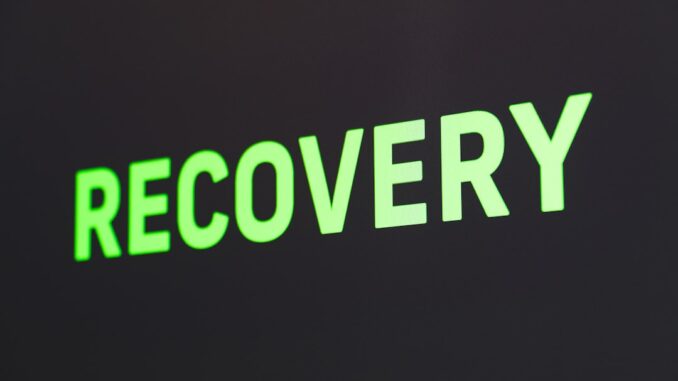
Summary
This article explores the complex relationship between anger and addiction, offering practical steps for managing anger during recovery. It emphasizes recognizing triggers, developing coping mechanisms, and seeking professional help when needed. By addressing anger constructively, individuals can strengthen their recovery journey and build a more positive future.
** Main Story**
Anger is a natural human emotion, but for those in recovery, it can be a dangerous trigger for relapse. Unmanaged anger can sabotage progress and perpetuate the cycle of addiction. This article provides a roadmap for navigating anger during recovery, offering practical steps and insights to help you regain control.
Understanding the Anger-Addiction Connection
Addiction and anger often coexist, creating a vicious cycle. Many people use substances to numb or suppress difficult emotions, including anger. During recovery, when these substances are removed, underlying anger can surface intensely. Additionally, the stress of withdrawal and early recovery can exacerbate anger issues.
Step 1: Recognize Your Triggers
The first step in managing anger is identifying your triggers. These can be specific people, places, situations, or even internal thoughts and feelings. Keep a journal to track your anger episodes, noting what happened before you felt angry, your physical and emotional responses, and how you reacted. This will help you pinpoint patterns and identify your triggers.
Step 2: Develop Healthy Coping Mechanisms
Once you understand your triggers, you can develop strategies to cope with them healthily. These strategies aim to interrupt the anger response before it escalates and leads to destructive behaviors.
-
Deep Breathing: When you feel anger rising, take slow, deep breaths. This helps calm your nervous system and reduces physical tension.
-
Mindfulness: Pay attention to your present thoughts and feelings without judgment. Acknowledge your anger, but don’t let it consume you.
-
Progressive Muscle Relaxation: This technique involves tensing and relaxing different muscle groups to release physical tension associated with anger.
-
Exercise: Physical activity is a great way to release pent-up energy and improve mood.
-
Journaling: Writing down your thoughts and feelings can help process emotions and reduce anger intensity.
-
Healthy Communication: Learn to express your needs and feelings assertively, without aggression or blame.
-
Humor: Finding humor in situations can diffuse anger and help you gain perspective.
-
Distraction: Engage in activities you enjoy to redirect your attention away from anger-provoking thoughts.
Step 3: Seek Professional Support
Managing anger in recovery is often challenging to do alone. Therapists can provide valuable support and guidance in developing effective anger management skills. Therapies like Cognitive Behavioral Therapy (CBT) can help identify and change negative thought patterns that contribute to anger. Support groups can also provide a safe space to share experiences and learn from others in recovery.
Step 4: Create a Relapse Prevention Plan
A relapse prevention plan is essential for maintaining sobriety. Your plan should include strategies for managing anger, identifying warning signs of relapse, and having a support system in place to reach out to during difficult times.
Step 5: Practice Self-Care
Self-care is crucial for overall well-being and can significantly impact anger management. Ensure you get enough sleep, eat a healthy diet, and engage in activities you enjoy. Taking care of your physical and emotional health will strengthen your resilience and ability to manage anger effectively.
Long-Term Strategies for Anger Management
Beyond the initial steps, long-term anger management involves ongoing self-reflection and practice. Regularly review your anger triggers and coping mechanisms, adjusting them as needed. Continuously seek personal growth and develop emotional intelligence to understand and manage your emotions effectively.
Moving Forward
Recovering from addiction is a journey, not a destination. Managing anger is a crucial part of this journey. By recognizing triggers, developing healthy coping mechanisms, and seeking professional support, you can tame the beast of anger and create a more peaceful and fulfilling life in recovery. Remember that setbacks are a normal part of the process. Don’t give up on yourself. With consistent effort and support, you can overcome challenges and build a stronger, healthier future.


Be the first to comment